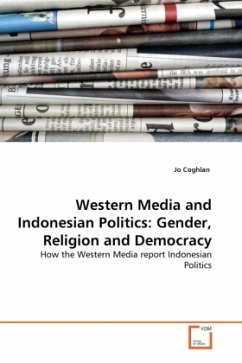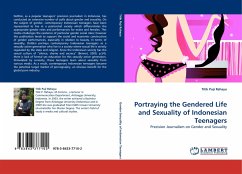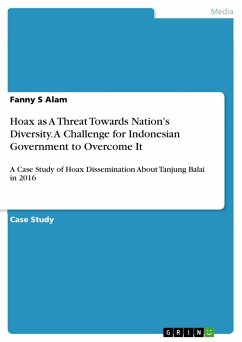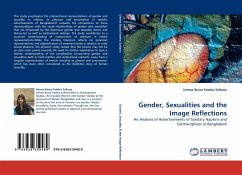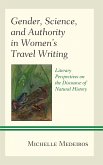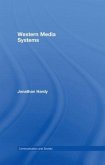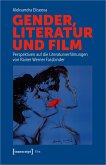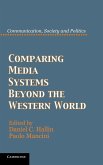This framing study evaluates the arbitrary power of the Western news media in shaping public knowledge about modern Indonesian politics. It evaluates how the Western news media framed Indonesian politics between 1998 and 1999: the nation's tumultuous transition to democracy. It demonstrates that framing is universal and inescapable and to the determinant of the public sphere. This book shows how the Western news media framed Indonesia as in continual crisis, reflecting the Western media's tendency to report the Third world as in perpetual political crisis, bordering at times on anarchy. In examining how episodic, crisis and issue framing shaped social realities about Indonesian politics, and specifically gender, religion, reform aspirations and the transition to democracy, this book demonstrates that news reporting reflected Western assumptions about Indonesia that were stereotypical, oversimplified, decontextualised, reliant on the juxtapositioning of actors in binaries of good and evil, and reflective of mediatised rituals of drama, tragedy and emotion.
Bitte wählen Sie Ihr Anliegen aus.
Rechnungen
Retourenschein anfordern
Bestellstatus
Storno

